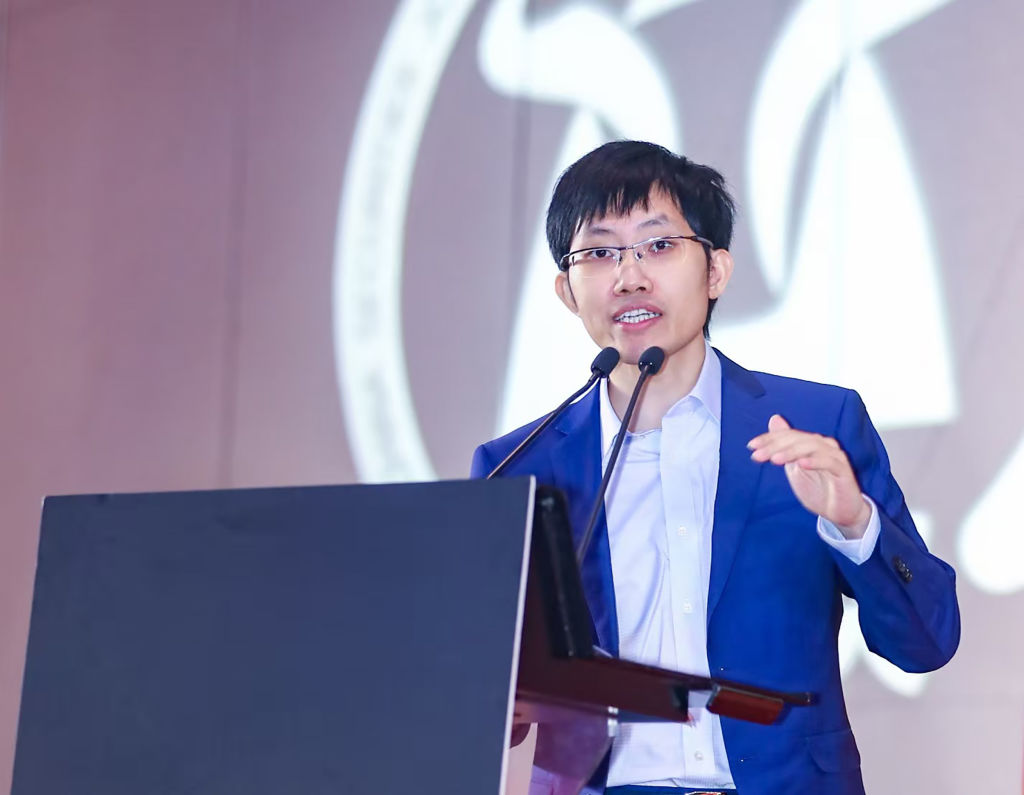DeepSeek Chooses to Forego VC Funding for Now — Here Are Three Reasons

DeepSeek’s Founder Stands Firm on Independence
Liang Wenfeng, the founder of DeepSeek, a prominent AI startup, is not rushing to accept external investments, as reported by the Wall Street Journal. DeepSeek has made headlines in Silicon Valley following the release of its advanced AI model earlier this year, positioning itself among the most exciting AI companies globally.
DeepSeek: A Unique Self-Funded Venture
Unlike many startups that often rely on substantial investments in their early stages, DeepSeek operates differently. Liang holds an impressive 84% ownership of the company, and the rest of the shares belong to individuals associated with his hedge fund, High-Flyer. This structure allows Liang to maintain tight control over the company without outside influence, a luxury many startups do not enjoy.
Reluctance Towards Venture Capitalists
Liang’s lack of enthusiasm for venture capitalists (VCs) stems from past experiences. He revealed that during his attempts to secure funding, he was deterred by VCs’ emphasis on quickly monetizing AI projects rather than valuing fundamental research. Consequently, his hesitance to bring in investors is partly due to his desire to preserve control over DeepSeek’s direction.
Successfully Self-Funded Until Now
DeepSeek’s unique approach to funding has allowed it to thrive without relying on external sources. Liang has managed to finance operations through the profits generated by High-Flyer, effectively sidestepping the funding pathways that many startups must navigate. He has expressed that financial resources have not been a barrier; rather, issues such as restrictions on advanced chip shipments pose greater challenges.
Potential Risks Associated with Investors
As a Chinese enterprise, DeepSeek is subject to stringent laws that enable government access to data. This scenario has sparked privacy and trust concerns, leading to bans from an increasing number of governments and private organizations. The situation might worsen if DeepSeek were to accept investments from Chinese investors, which could align the company more closely with the government’s scrutiny.
The U.S. government has a history of imposing sanctions on Chinese tech firms that are perceived to have ties with the state, such as Huawei and DJI, raising fears about DeepSeek’s operational viability with potential investors. While reports indicate that some state entities have approached DeepSeek regarding investment, there is no confirmation that the company has accepted any such offers.
The Landscape Could Shift
Despite Liang’s current stance, there are signs that DeepSeek might eventually consider raising external capital. Recently, the company announced a theoretical profit margin, indicating a shift toward monetization—something that has piqued the interest of VCs, despite Liang’s previous dismissal of such goals.
To keep pace with other AI leaders in the market, DeepSeek may find itself needing to acquire more advanced AI chips crucial for its development. These chips are not only essential but also challenging to procure due to stringent U.S. export regulations affecting China.
While High-Flyer’s previous success has allowed DeepSeek to remain self-funded, the landscape is evolving. With some of its key funds struggling in performance since 2022, combined with increased government crackdowns on quant funds, the financial cushion might be less secure than before.
Growing Interest from Major Tech Companies
Amid these challenges, interest in DeepSeek has reportedly been growing, with major firms like Tencent and Alibaba expressing potential interest in the company. As the situation continues to unfold, the dynamics of investment and control at DeepSeek remain a subject of intrigue within the tech community.






